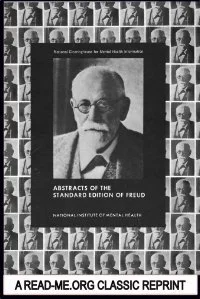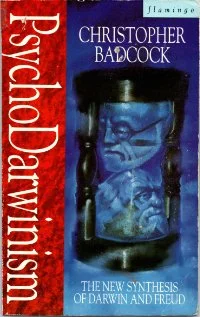By Sigmund Freud And William C. Bullitt
Summary of the key points of this enlightening book::
Early Life and Influences
Father’s Influence: Wilson’s father, Reverend Joseph Ruggles Wilson, profoundly shaped his character. Wilson’s intense admiration and love for his father led to a strong desire for achievement and recognition.
Psychological Mechanisms: The study explores Wilson’s use of repression, identification, and sublimation to manage his conflicting desires, particularly his aggressive and passive feelings towards his father.
Adolescence and Identification
Increased Masculinity: During adolescence, Wilson’s masculinity increased, intensifying his aggressive feelings towards his father.
Identification with Gladstone: Wilson admired British statesman William Gladstone, seeing him as an “incomparable father” figure. This identification helped him express his aggression towards his real father while maintaining love for him.
Adulthood and Career
Struggles and Ambitions: Wilson faced physical ailments and frequent nervous breakdowns, often linked to unresolved inner conflicts. His ambition to become a statesman was influenced by his admiration for figures like Gladstone and Bright.
Marriage and Stability: His marriage to Ellen Axson provided emotional stability and support, acting as a mother representative.
Presidency of Princeton
Reforms and Conflicts: As President of Princeton, Wilson implemented significant reforms but faced intense conflicts, particularly with Dean Andrew F. West. These conflicts were driven by his repressed hostility towards his father.
Impact of Father’s Death: The death of his father necessitated new outlets for his libido, leading to increased speech-making, passionate friendships, and religious activities.
Political Career and Presidency
Legislative Achievements: Wilson’s political career saw significant legislative achievements, driven by his powerful Super-Ego and sense of divine mission.
World War I: Wilson’s approach to World War I was shaped by his personal beliefs and psychological conflicts. He struggled to balance his desire for peace with the aggressive actions of Germany.
Psychological Struggles and Health
Health Issues: Throughout his life, Wilson’s health issues, including neuritis, indigestion, and headaches, were closely linked to his psychological state.
Key Relationships: His relationships with key figures, such as Colonel House and Joe Tumulty, provided both support and additional sources of conflict.
Peace Negotiations and Legacy
Treaty of Versailles: Wilson’s efforts to achieve a just and lasting peace were challenged by the demands of the Allies. His compromises led to a treaty that many viewed as unjust.
Decline and Death: Wilson’s health deteriorated significantly during his second term, culminating in a severe stroke in October 1919. His final years were marked by a sense of betrayal and a focus on his earlier achievements at Princeton.
Overall, the book provides a comprehensive analysis of Wilson’s character, emphasizing the interplay between his unconscious desires, psychoanalytic mechanisms, and the external influences that shaped his life and career.
Houghton Mifflin Company Boston. The Riverside Press. Cambridge. 1966. 317p.






